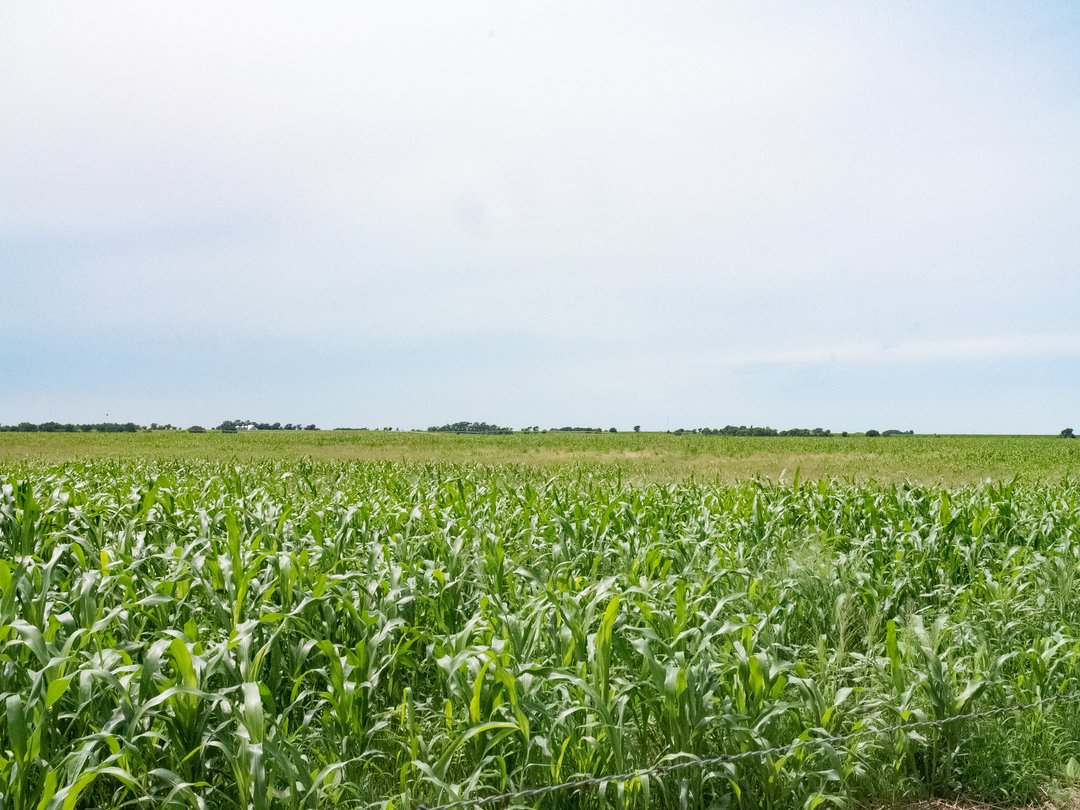Google Backs Initiatives for Watershed Health in Oklahoma

Google’s Investment in Regenerative Agriculture
Overview of the Initiative
Google is taking significant steps to support sustainable farming through a $1.5 million investment in a regenerative agriculture initiative with Indigo Ag. This program focuses on replenishing approximately 1.5 billion gallons of water in Oklahoma over the next seven years. It specifically targets the Arkansas-Keystone and Lower Cimarron Basins in North-Central Oklahoma, where local farmers will benefit from adopting environmentally friendly agricultural practices.
Key Practices for Sustainable Agriculture
The regenerative agriculture program encourages the implementation of several key practices:
Cover Cropping: This method involves planting specific crops during the off-season. These crops not only protect the soil from erosion but also enhance its fertility, promoting better water retention.
- No-Till Farming: By minimizing soil disturbance, no-till farming helps maintain the soil structure and encourages the organic matter that naturally restores nutrient levels. This method leads to healthier crops while reducing water usage.
Benefits of the Initiative
The introduction of these farming practices brings multiple benefits:
Improved Soil Health: Healthier soils can retain more moisture, which is crucial for crop growth.
Increased Groundwater Levels: Enhanced soil-water interaction can lead to improved groundwater recharge, vital for maintaining local water resources.
- Greater Crop Resilience: Crops grown using these methods tend to be more resilient to climate variability, which can help farmers sustain yields even under adverse conditions.
This program aligns with Google’s broader sustainability goals, aiming to replenish 120% of the company’s freshwater consumption in relation to its operational facilities, such as offices and data centers, by 2030.
Commitment to Water Security
Google’s initiative underscores its commitment to enhancing water security not just in Oklahoma but also in other regions. The company’s focus on improving watershed health reflects a strong dedication to sustainable operations across its facilities.
Additional Resources for Farmers
Farmers participating in the program can access various resources aimed at successfully implementing these sustainable techniques. The program offers training on effective farm management practices and tools that facilitate the transition to regenerative techniques.
If you are interested in learning more about Google’s initiatives related to water conservation and sustainable operations, additional information can be found on their official data centers website, which elaborates on the company’s strategy for environmentally responsible practices.
Conclusion on Impacts of Regenerative Agriculture
Regenerative agriculture is not just an initiative but a movement towards creating sustainable farming ecosystems that holistically manage natural resources. With backing from organizations like Google, farmers can adopt these practices, leading to healthier agricultural landscapes and improved water resources for local communities.
This program represents a significant step forward in addressing both agricultural challenges and the global water crisis, ensuring a brighter future for farming and the environment.





